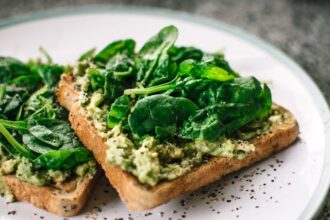A collaborative study between the Colour and Food Quality group at the University of Seville’s Faculty of Pharmacy and Dr Marina Ezcurra’s team at the University of Kent has demonstrated that the carotenoid phytoene enhances the longevity of the nematode Caenorhabditis elegans and mitigates the onset of paralysis linked to amyloid plaque formation in Alzheimer’s disease models. The research noted longevity increases ranging from 10 to 18.6% and reductions in the proteotoxic effects of the plaques by 30 to 40%.
This investigation is part of Ángeles Morón Ortiz’s doctoral work, which explored pure phytoene and microalgae-derived extracts rich in this carotenoid. Dr. Paula Mapelli Brahm expressed optimism about these initial findings, highlighting the team’s pursuit of additional funding to explore the mechanisms behind these beneficial effects further.
The use of Caenorhabditis elegans in this study underscores its value as a model organism in biomedical research. It has previously facilitated groundbreaking discoveries in areas like programmed cell death, RNA interference, and the applications of GFP protein, which have garnered Nobel Prizes.
The research team, led by Professor Antonio Jesús Meléndez Martínez, has dedicated over 15 years to the study of phytoene, a carotenoid present in various foods, including tomatoes, carrots, apricots, red peppers, oranges, mandarins, and passion fruit. Notably, phytoene is effectively absorbed by the body and prevalent in numerous tissues, such as the skin, where it is believed to offer protection against ultraviolet radiation.
Professor Meléndez Martínez’s team focuses on the sustainable production of nutritious foods that could decrease disease risks, mainly through applying carotenoids in agriculture, nutrition, and cosmetics. Their efforts include leading international networks with contributions from researchers across 50 countries to enhance global health through improved food quality.
More information: Ángeles Morón-Ortiz et al, Phytoene and Phytoene-Rich Microalgae Extracts Extend Lifespan in C. elegans and Protect against Amyloid-β Toxicity in an Alzheimer’s Disease Model, Antioxidants. DOI: 10.3390/antiox13080931
Journal information: Antioxidants Provided by University of Seville








